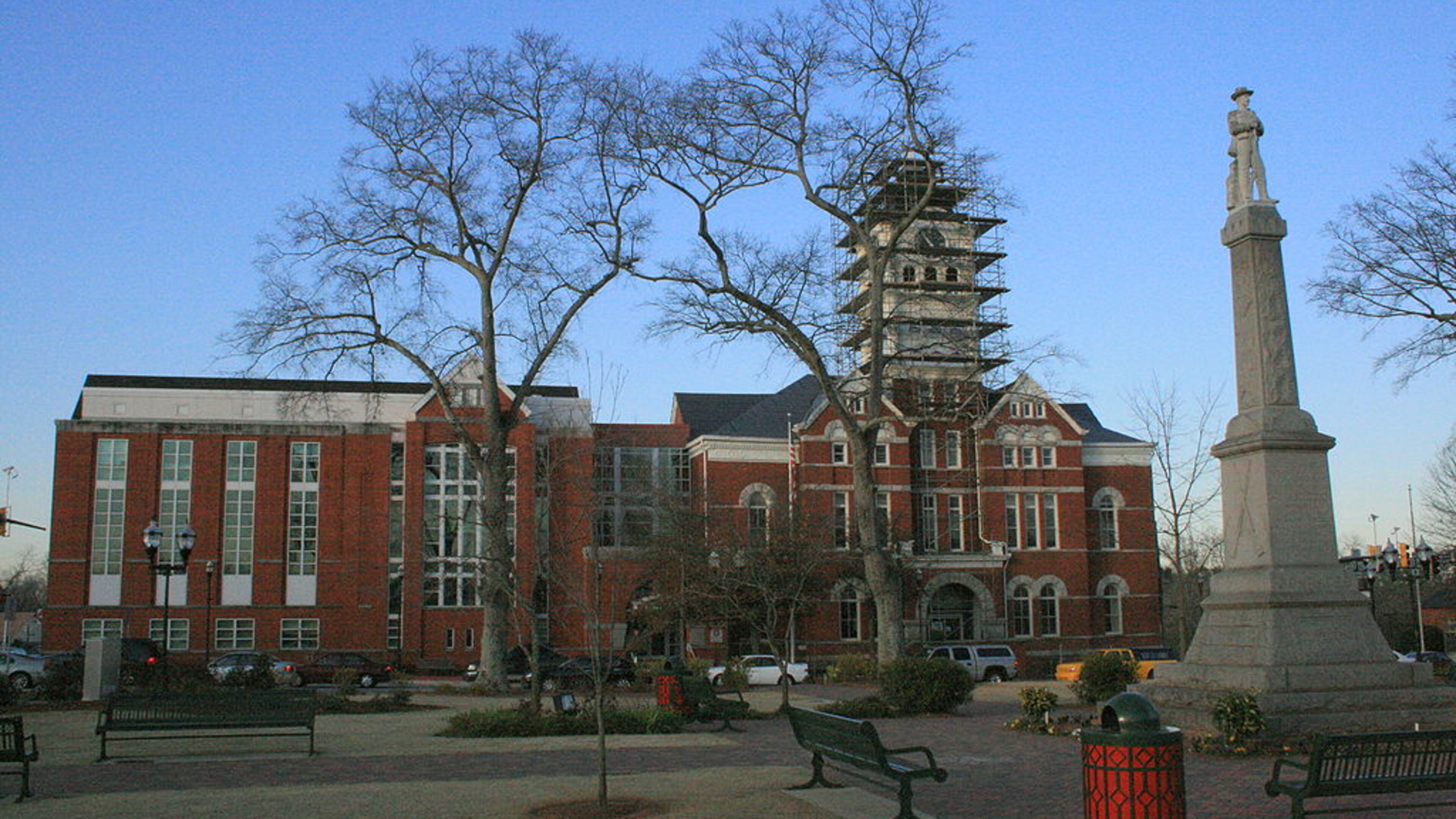Sorry, there is no 'right' way to pronounce McDonough

Adam Carlson is a content producer for AJC.com. He hails from Hiram (which some people pronounce "Here-um") and can be reached at adam.carlson@ajc.com.
The thing about pronunciations — which you should never tell someone who feels strongly about a particular pronunciation — is that there is no "right" or "wrong" one.
This according to Bill Kretzschmar, an English professor at the University of Georgia and head of the American Linguistic Atlas Project, the nation's oldest dialect survey.
I reached out to Kretzschmar for answers after receiving a surprisingly impassioned amount of feedback on two recent lists of some of Georgia's trickiest place names, including exclamatory reader emails about the long history of calling the city of McDonough, insultingly, "Mick-Dun-a."
I wanted to know from an expert: How did these different pronunciations come about, how did a particular one become popular and why did people care so much?
Any given sound choice, such as pronouncing Albany as "All-BINNY" or Hahira "Hey-HI-ra," emerged just "because the people around there got in the habit of doing that," Kretzschmar said. It's a common process known as "emergence," he said. Patterns arise and stick around simply from all the time people spend with one another, talking.
Chosen pronunciations, and dialect choices in different cities, states and regions, reflect something of the person's sociocultural background: their class, race, religion and so on, Kretzschmar said.
The roots of this are deep: As one reader said in an email about the earlier stories, Taliaferro's pronunication as "Tolliver" is a throwback to the "syllable-swallowing style" of the English.
One given place pronunication may become very common, Kretzschmar said, but a range will always persist. One "right" way never completely wins out.
So when understanding them, it's best to collect and catalog, without litigating best or worst, he said.
He referred to an old cliche, as the rule of thumb on deciding which pronunication to use when: "When in Rome ..." If you're not in Albany, it may be easier to say it one way; and then the opposite if you're in the town.
"Swing with the people you're in," Kretzschmar said.

